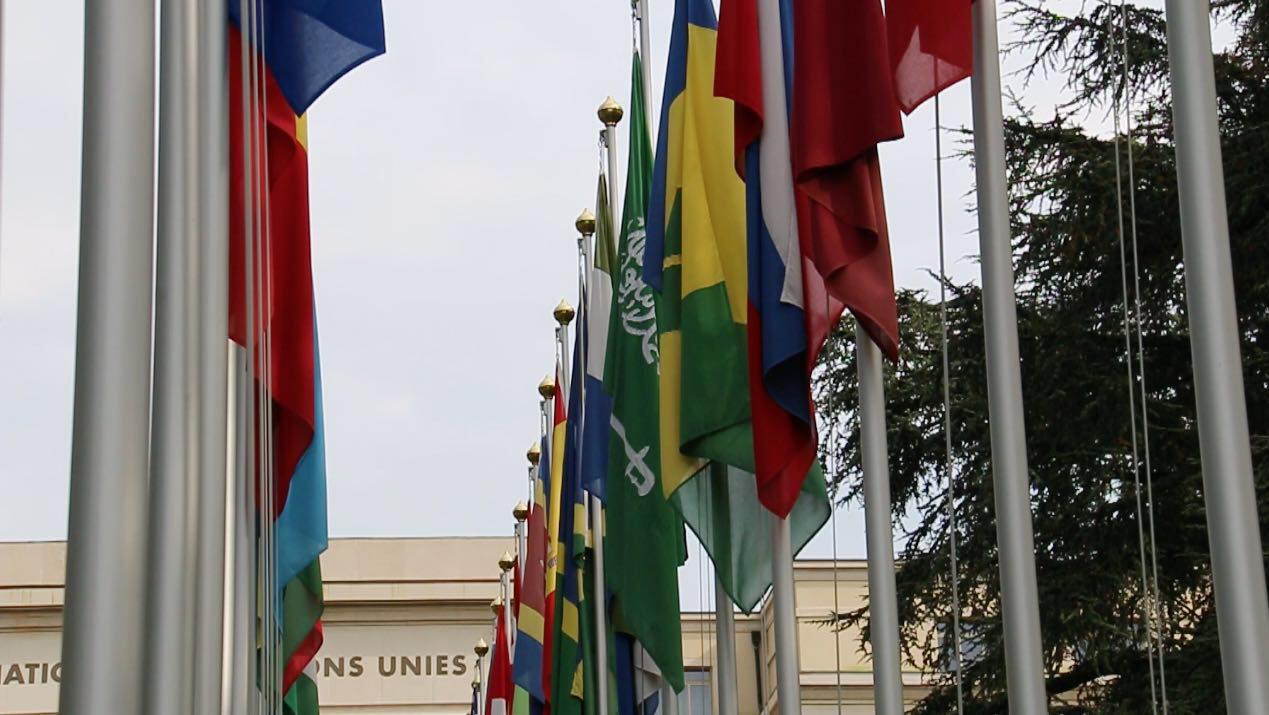
The Special Procedures of the United Nations Human Rights Council last week harshly criticized the government of Saudi Arabia in a report on the Kingdom’s anti-terrorism law. The human rights experts found the law to be “aimed at limiting fundamental freedoms and basic principles of international human rights law,” and “may be used to severely restrict the legitimate and internationally protected activities of certain political or religious groups.”
The communication, authored by the UN Special Rapporteurs on counter-terrorism and human rights, on torture, and on free expression, among three others, was published on 17 December 2020. It comes on the heels of a series of reforms announced by the Saudi Government throughout the year that would drastically improve the human rights situation in the country, but that have seen extremely sporadic and limited implementation since their passage into law.
The UN report presented a thorough takedown on the Saudi Anti-Terrorism Law, remarking in 25 long pages – significantly longer than the law itself, which was written with vague and abbreviated language – the manners in which the law violates established international human rights principles. For instance, in describing the effects of the law on the freedom of expression, the report found that requirements such as forcing citizens to profess “loyalty to the King,” as required by Article 6, or requiring that “mass media and all other vehicles of expression shall employ civil and polite language,” all lacked any relevant justification under international law.
The report was particularly harsh in criticizing the law’s exceptions to due process requirements, noting that the Executive branch “has broad and almost unconstrained power” when dealing with anti-terrorism. According to the report, the law may be used to arbitrarily persecute, arrest, or otherwise criminalize any person even suspected of what amounts to disloyalty. In this regard, the report states the the law does not seem “to have any connection with terrorism or violent extremism whatsoever,” and may instead be used to punish individuals who express “legitimate criticism” of the Saudi government.
James Suzano, Director of Legal Affairs at ESOHR: “The 2017 Anti-Terrorism Law has been used to horrendous effect within the Kingdom, essentially criminalizing disloyalty and punishing even the mildest forms of dissent. And even as Saudi Arabia makes promises to fix other reforms, it is telling that there appears to be no change in the government’s relationship with this particular law in the works. Make no mistake: whatever reforms the government might pass, it will always punish those that dare to have their own opinions.”
Taha al-Hajji, Legal Advocacy Officer at ESOHR: “The 2017 edition of the Anti-Terrorism Law was just window dressing on an even more draconian version established in 2013 – that it is being used to criminalize dissent and execute critics of the Saudi government is nothing new. It is good to see the United Nations finally recognizing the law for what it is – now we need to see action. With such a report delivered to their fingertips, the international community must now act against Saudi Arabia and force the government to finally respect international human rights principles.”
